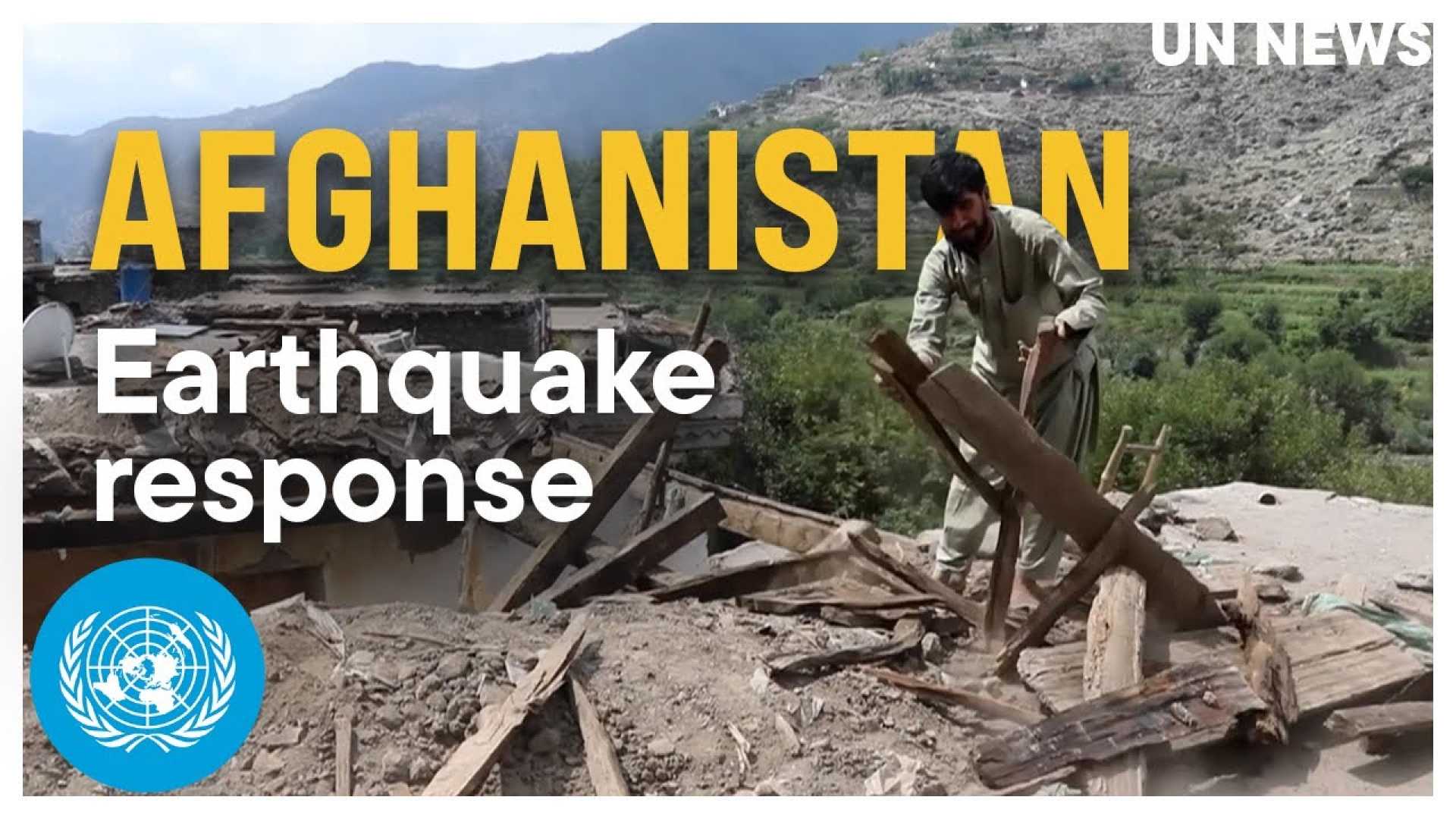World
UN Faces Challenges in Afghanistan After Earthquake and Worker Restrictions

Kabul, Afghanistan – The humanitarian response to the deadly earthquake that struck Afghanistan on August 31 is under severe strain due to recent Taliban restrictions preventing women from working with the United Nations, officials reported on Friday.
Arafat Jamal, the UN refugee agency’s representative in Afghanistan, expressed deep concern, stating, “All of us at the United Nations are suffering from a reinforcement of the ban on females working with us. We are simply unable to operate without females.” These restrictions come just a day after agencies highlighted the impact on life-saving assistance for hundreds of thousands of Afghans.
Last Sunday, Afghan security forces blocked female national staff members from entering UN compounds in Kabul. As a result, the UNHCR temporarily closed cash and support centers for vulnerable Afghans along the border, affecting those returning from Iran and Pakistan.
The registration process for returnees involves biometric data collection and interviews, tasks that the UNHCR official noted are “entirely impossible without Afghan female workers.” More than half of the returnees are women, making this restriction particularly damaging.
Since the beginning of the year, approximately 2.6 million Afghans have returned to the country, often under duress. Mr. Jamal revealed that nearly 100,000 people crossed from Pakistan just in the first week of September. This surge is straining resources and capacity within Afghanistan.
The UN Children’s Fund (UNICEF) also raised concerns regarding the ongoing effects of the recent earthquake, which has left a devastating toll on the population. Dr. Tajudeen Oyewale, UNICEF Country Representative, reported that the disaster has claimed over 2,164 lives, with significant losses among children.
Dr. Oyewale shared harrowing accounts of young victims, stating, “For the girls it was even more sobering; they were lost; they have lost their families, and their homes have been destroyed.” Rescue efforts are complicated by the steep and difficult terrain of the affected mountainous provinces, extending the time needed to reach those in need.
“Behind these numbers are children left standing alone in the rubble and families torn apart,” he added, highlighting UNICEF’s commitment to reaching children and families with essential support.












